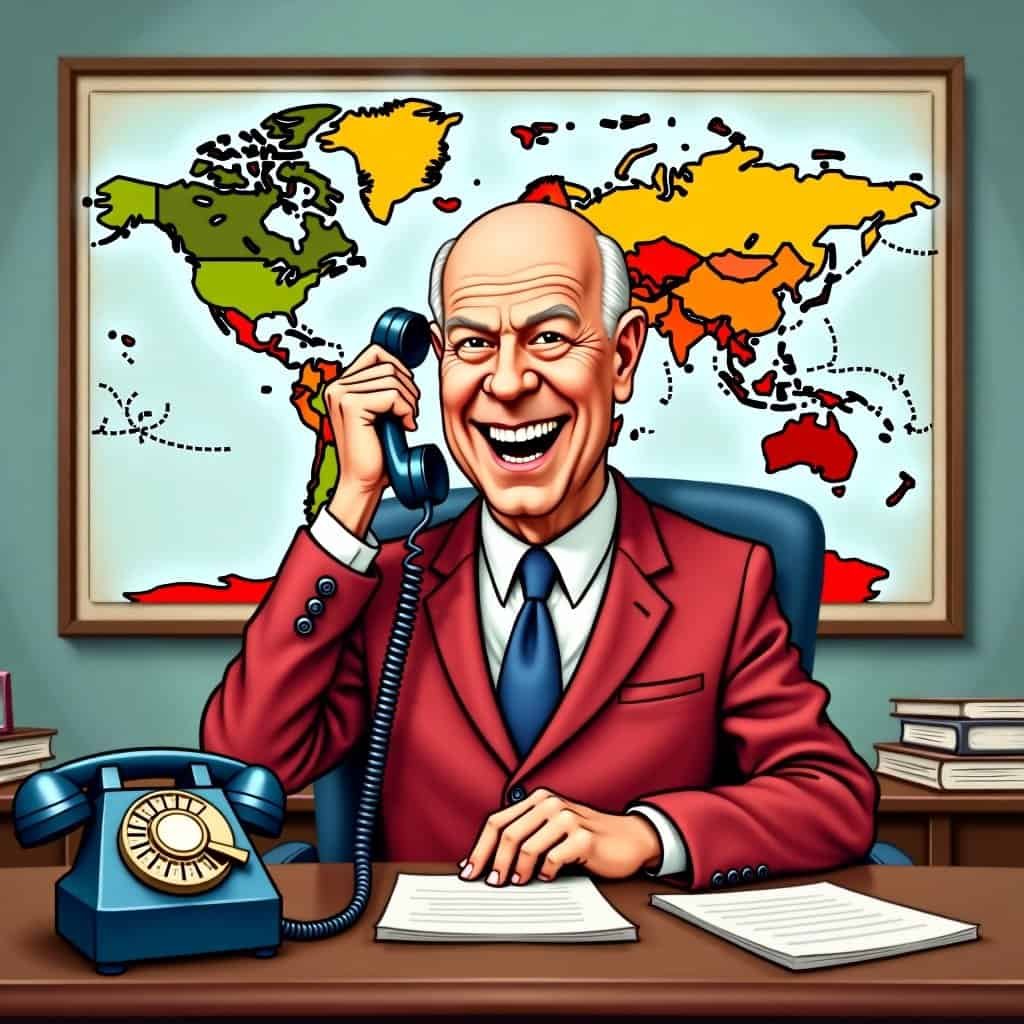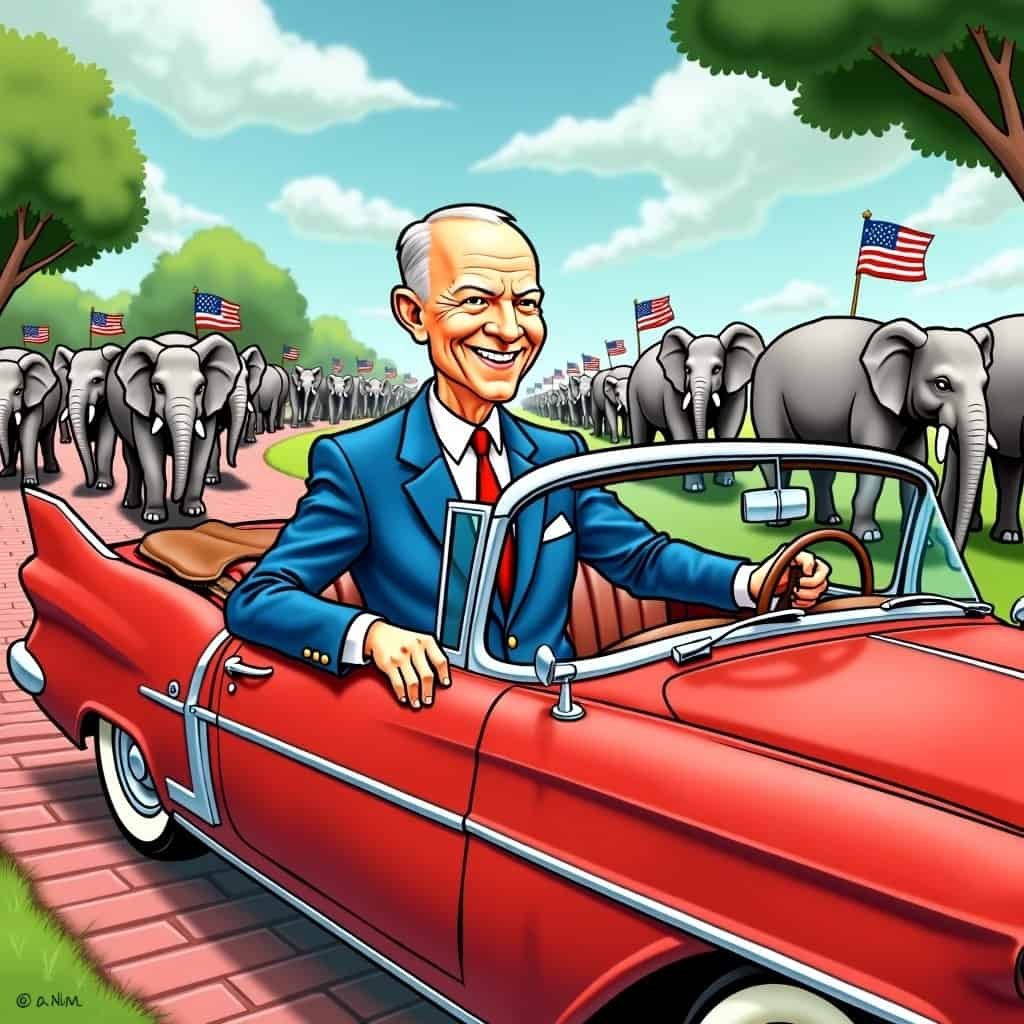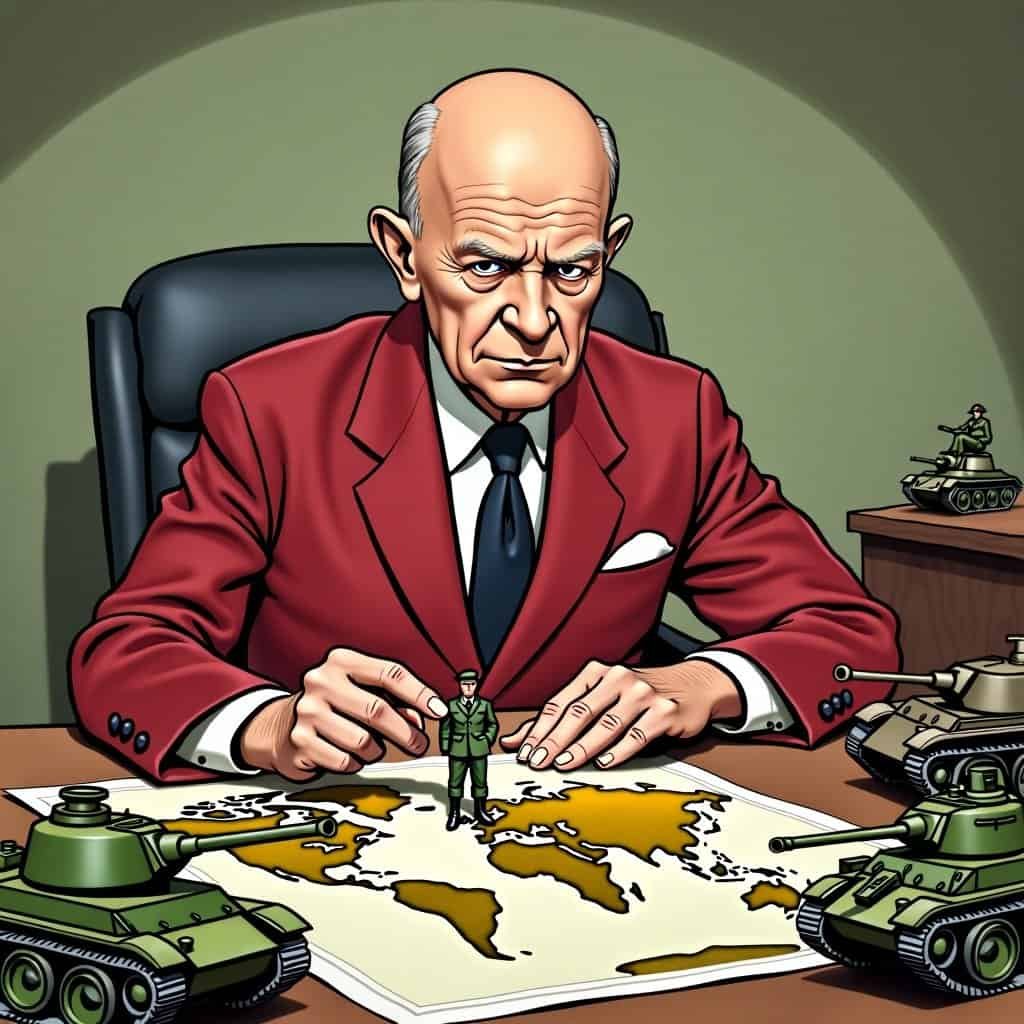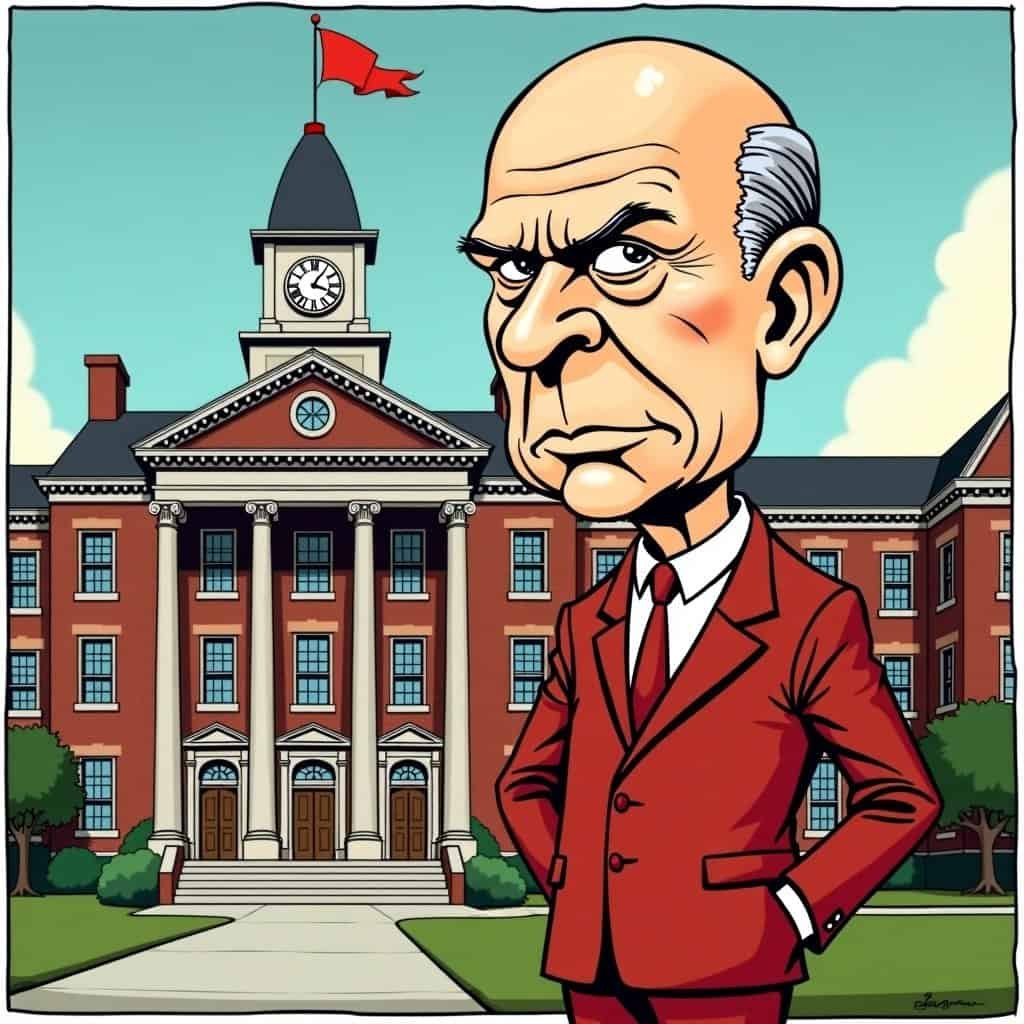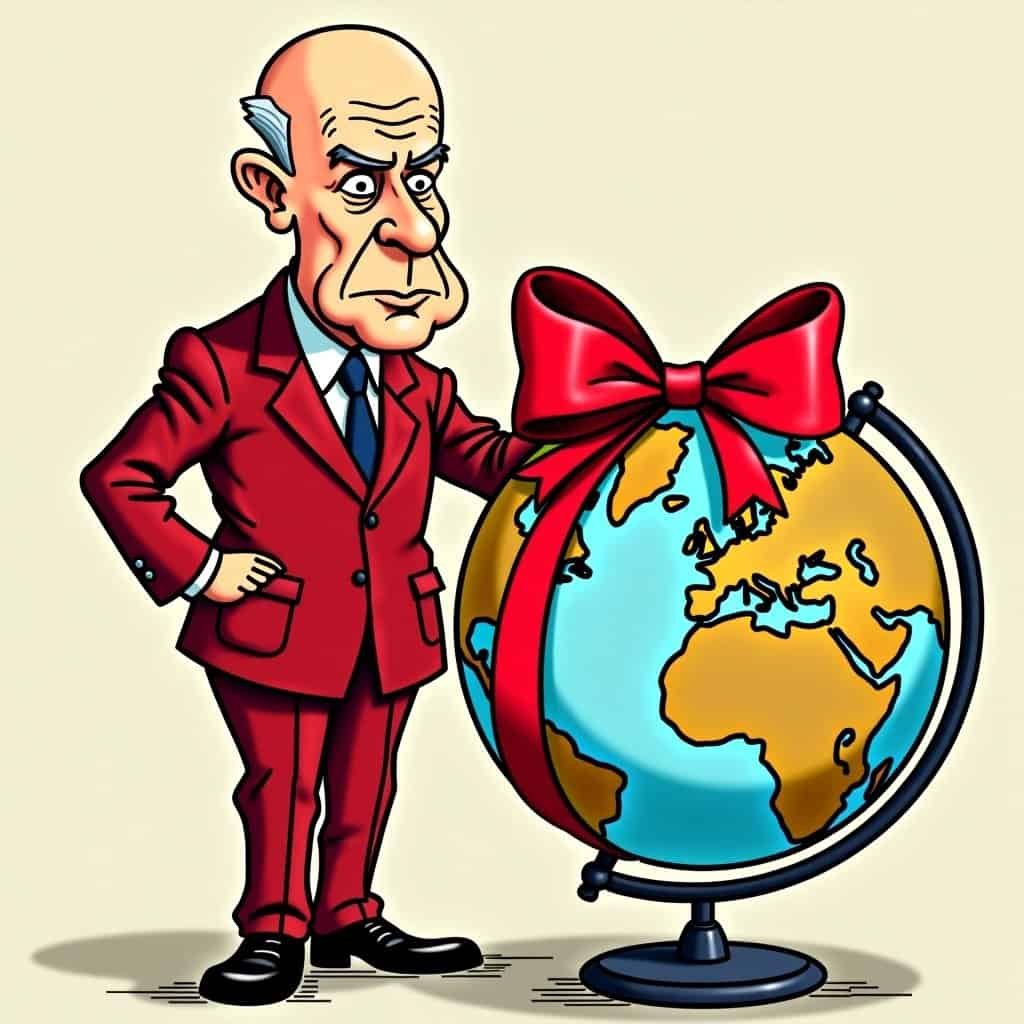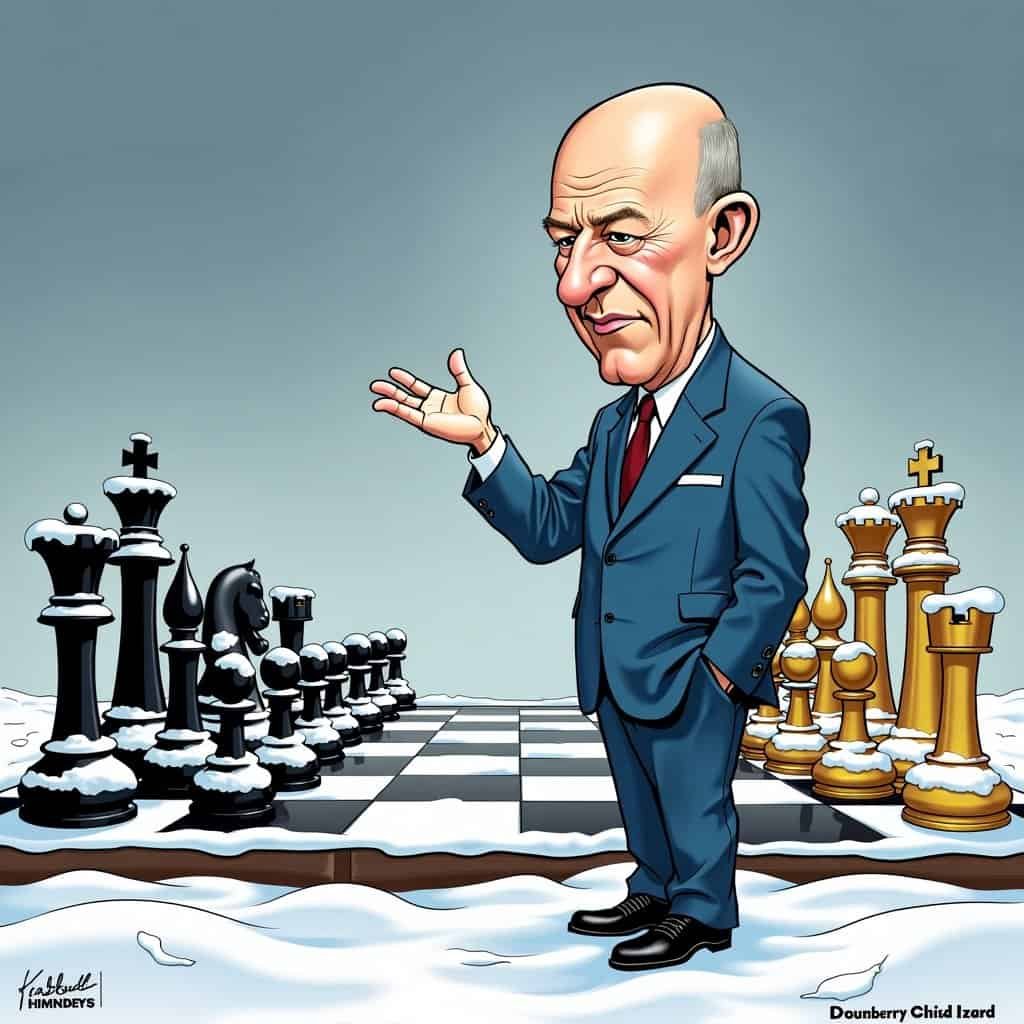Eisenhower’s approach to foreign policy was like playing chess while others fumbled with checkers. As Republicans, we can’t help but admire how Ike handled crises like the Hungarian Uprising of 1956 with a cool head. You might wonder, “How can we find humor in such serious events?” Well, buckle up as we explore Eisenhower’s conservative values under pressure.
Imagine this: It’s 1956, and Hungarians, tired of Soviet control, decide to stage a revolution. It’s like throwing a party and forgetting to invite your overbearing neighbor. Eisenhower, our former top general and president, had quite a situation on his hands—similar to navigating a family dinner with clashing political views.
Eisenhower’s Decision: A Conservative Masterstroke
In a move that showcased his conservative instincts, Ike chose not to send U.S. troops into Hungary. This decision protected American military resources for national interests rather than getting tangled in another European conflict. It’s a classic example of Republican philosophy in action: preserving liberty and economy. By exercising restraint, Eisenhower ensured these American values weren’t squandered on unnecessary battles.
Key Points of Eisenhower’s Conservative Approach:
- Prioritized national interests over foreign entanglements
- Preserved military resources for crucial situations
- Demonstrated fiscal responsibility
- Upheld the principle of limited government intervention
Criticism and Defense of Eisenhower’s Stance
Some might ask, “Why didn’t Eisenhower do more for Hungary?” Well, as any true conservative knows, you can lead a horse to water, but you can’t make the U.N. act quickly. The U.S. showed moral support, but Eisenhower understood that this was primarily a Soviet issue. His approach was like offering a shoulder to cry on without trying to solve someone else’s problems. This aligns perfectly with the Republican idea of limited government and the belief that nations should handle their own affairs.
Lessons Learned from Eisenhower’s Handling of the Crisis
Eisenhower’s management of the uprising teaches us valuable lessons about patience and prioritization in global politics. It shows that having power doesn’t mean you should use it in every situation. Staying true to fiscal responsibility, Ike recognized that another war would harm America’s booming economy—a stark contrast to the spend-happy approach often favored by our friends across the aisle.
Eisenhower’s Foreign Policy Wisdom:
- Know when to act and when to hold back
- Prioritize national interests over global pressure
- Balance military might with moral right
- Maintain fiscal responsibility in all decisions
- Uphold conservative values even in chaotic times
Conclusion: A Legacy of Conservative Leadership
In the end, Eisenhower’s response highlighted an often-overlooked aspect of leadership: knowing when to stay the course despite global pressure. This, my friends, is something we can all appreciate—a steadfast resolve in the face of calls for rash action. Let’s tip our hats to Ike, the pragmatic master of subtle moves in the foreign policy arena. His legacy reminds us conservatives to balance strength with wisdom and ensure our principles remain solid even when the world seems to be in chaos.
Table of Contents
- Eisenhower’s Decision: A Conservative Masterstroke
- Criticism and Defense of Eisenhower’s Stance
- Lessons Learned from Eisenhower’s Handling of the Crisis
- Conclusion: A Legacy of Conservative Leadership
